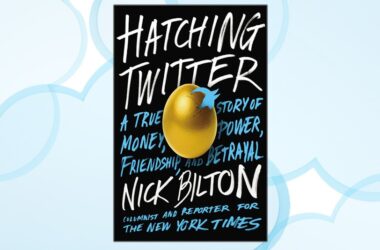Remember when a prominent and arrogant venture capitalist called out startup employees to basically stop whining and work harder? He was almost immediately rebuked by one of the subjects of his anecdote as hypocritical, that VCs have everything to gain by squeezing even more productivity out of their startups’ workforces.
Apparently we need to be reminded to work harder once every couple of years.
Of course, startups do require a ton of hard work in the early goings. Every description I’ve heard – and experienced – of early startup life reinforces the notion of tackling multiple jobs and roles, hustling to build or sell or close whatever that someone may find useful. Employees who are willing and able to take on this kind of work is obviously desirable, especially if they’re inexperienced and can be had for cheap.
The problem is that the rewards are skewed largely against this type of hard work. That is, hard work is likely necessary, but remains tremendously undervalued.
This is reflected most obviously in startup equity structures. Sam Altman has talked about employee equity compensation and its bias towards founders, but equity divisions still favor founders and early investors1. The supposed risk of creating a company – codified in the 100x in equity that founders command over their employees – has been systematically reduced by:
- Larger and easier seed funding rounds,
- Elongated times for startups to exit, and
- Cheaper business start up costs, particularly in software
Less obvious is the social capital granted to founders and occasionally to early investors; their status as the core of a startup translates to additional industry connections, invitations to conferences, and a head start on any future ventures.
On the other side are senior hires who command high compensation packages and get to leverage both their experiences and specializations. I’ve been reading Career Superpowers, and the book talks mostly about how to build a career, across companies, that emphases the value of expertise. Beyond just working hard, these folks understand how to work smart by finding valuable areas of contribution, and embrace the mercenarial nature of their jobs.
All of this is to say that the startup market’s response to hard work alone is at best indifference, and at worst exploitative. The response may be gratitude and awe, but reactions are cheap when founders, senior hires, and investors bring more than just the willingness to grind hours. The difference in status, capital, and skillsets are reflected in their respective rewards, in proportion to the startup’s own success.
If satisfying misplaced executive requests genuinely provides learning experiences, then perhaps hard work can lead to one of these more valuable positions. Chances are, though, that inexperienced employee hustle leads to more of the same.
Not to mention special provisions to cash out in later rounds that are usually only available to founders.↩


